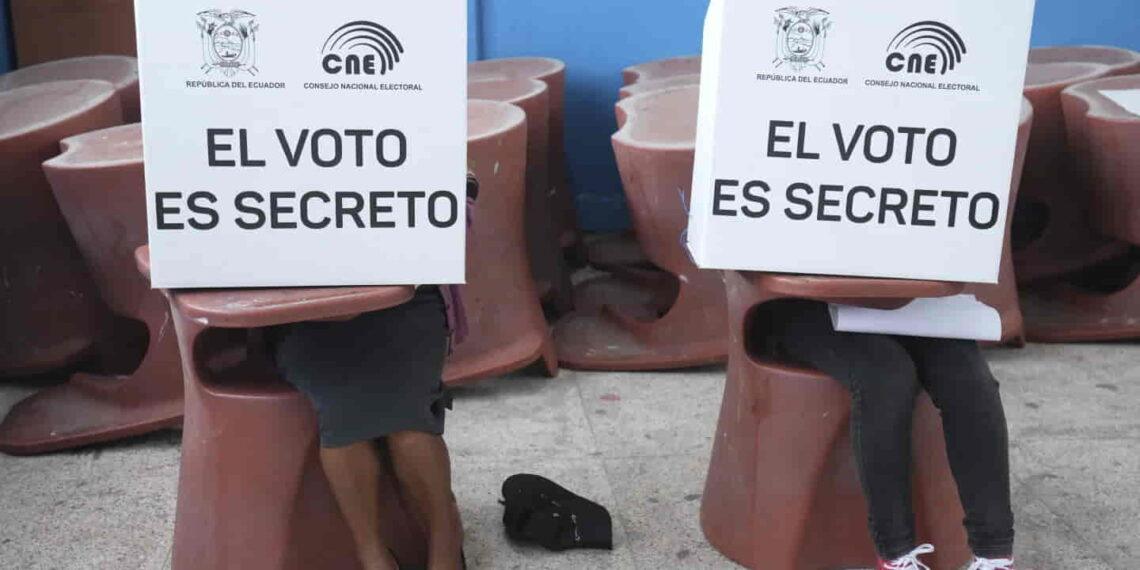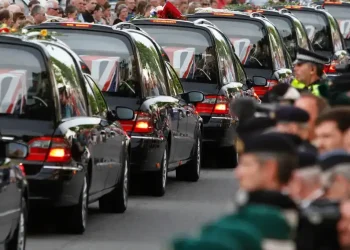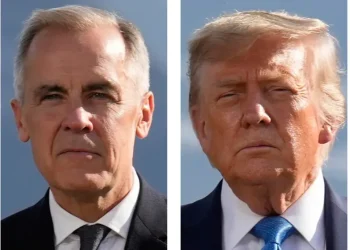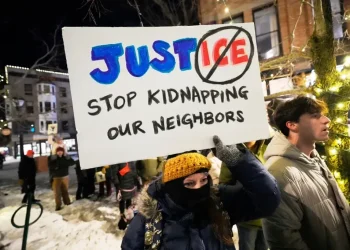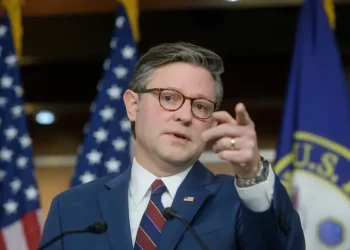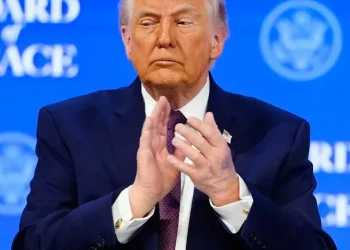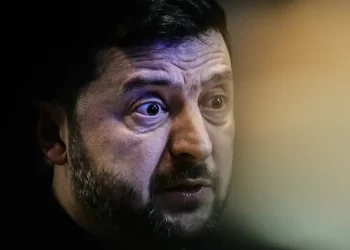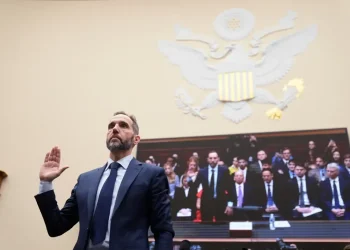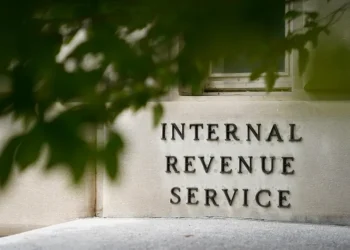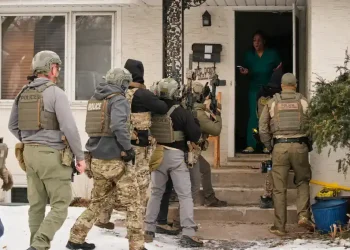Ecuador’s Presidential Runoff: Noboa and González Face Off Again
Ecuador will head to a presidential runoff on April 13, as conservative incumbent Daniel Noboa and leftist lawyer Luisa González emerged as the leading candidates in Sunday’s election. The two contenders outperformed 14 other candidates, setting the stage for a high-stakes rematch of the October 2023 snap election that gave Noboa a 16-month presidency.
Now, both candidates are competing for a full four-year term, vowing to tackle the rising crime wave that has disrupted daily life across the country.
Crime and Violence: The Defining Issue
Ecuador’s escalating violence—driven by cocaine trafficking from neighboring Colombia and Peru—has turned crime into a decisive factor for voters. The country has seen a sharp rise in kidnappings, extortion, and gang activity, leaving many citizens fearful.
Although Noboa’s administration has lowered the homicide rate—from 46.18 per 100,000 people in 2023 to 38.76 in 2024—the number remains significantly higher than 6.85 per 100,000 in 2019.
Many Ecuadorians are skeptical about whether another term for Noboa would bring meaningful change.
“For me, this president is disastrous. Can he change things in four more years? No. He hasn’t done anything,” said Marta Barres, 35, who pays a gang $25 a month to avoid harassment. She supports González, believing she can reduce crime and improve the economy.
However, others see Noboa as the only leader willing to take on criminal organizations directly.
“Noboa is the only person hitting organized crime hard,” said German Rizzo, a retiree in the wealthy suburb of Samborondón.
Election Results: A Tight Race
With 80% of ballots counted, the race remains extremely close:
- Daniel Noboa – 3.71 million votes (44.43%)
- Luisa González – 3.69 million votes (44.17%)
- 14 other candidates – Far behind
Ecuador’s voting system mandates a runoff if no candidate secures 50% of the vote or at least 40% with a 10-point lead over their closest rival.
With more than 83% of the country’s 13.7 million eligible voters participating, security was a major concern. Over 100,000 police officers and military personnel were deployed to safeguard polling stations.
Noboa’s Leadership: Controversy and Tough Policies
At 37 years old, Noboa comes from a wealthy family that built its fortune in the banana trade. His political career began in 2021 when he won a National Assembly seat, later chairing its Economic Development Commission.
As president, he has pursued heavy-handed measures to curb crime, but his tactics have drawn criticism.
Key Controversial Moves:
✅ January 2024: Declared a state of internal armed conflict, deploying the military to fight organized crime.
✅ 2023: Approved a police raid on Mexico’s embassy in Quito, arresting former Vice President Jorge Glas, a fugitive convicted of corruption.
While critics argue he is testing legal boundaries, his aggressive stance has also won support from those desperate for security and stability.
González: The Correa Protégée
Luisa González, 47, is closely tied to former President Rafael Correa, Ecuador’s most influential leader of the 21st century. Correa, who governed from 2007 to 2017, introduced social welfare programs but became increasingly authoritarian. He currently lives in exile after being sentenced in a corruption scandal.
González, relatively unknown before the 2023 snap election, has positioned herself as Correa’s political heir, appealing to voters who long for his economic policies.
Professor Maria Cristina Bayas from Quito’s University of the Americas called Sunday’s results “a triumph” for Correa’s party, as pre-election polls had projected a wider lead for Noboa.
However, political analyst Esteban Ron believes Noboa faces a challenge:
“Noboa must reengineer his campaign. He may have already reached his vote ceiling.”
Looking Ahead: Uncertainty and Doubt
As Ecuador prepares for the April 13 runoff, many voters remain undecided and disillusioned.
“If I could, I wouldn’t be here,” said Keila Torres, an architecture student from Guayaquil, who has witnessed three robberies on public buses and barely escaped a carjacking in December.
“Things are not going to change.”
With crime and security at the forefront, Ecuadorians must now decide:
Stick with Noboa’s crackdown on crime or
Turn to González and Correa’s legacy of social programs
The battle for Ecuador’s future is far from over.
This article was rewritten by JournosNews.com based on verified reporting from trusted sources. The content has been independently reviewed, fact-checked, and edited for accuracy, neutrality, tone, and global readability in accordance with Google News and AdSense standards.
All opinions, quotes, or statements from contributors, experts, or sourced organizations do not necessarily reflect the views of JournosNews.com. JournosNews.com maintains full editorial independence from any external funders, sponsors, or organizations.
Stay informed with JournosNews.com — your trusted source for verified global reporting and in-depth analysis. Follow us on Google News, BlueSky, and X for real-time updates.
